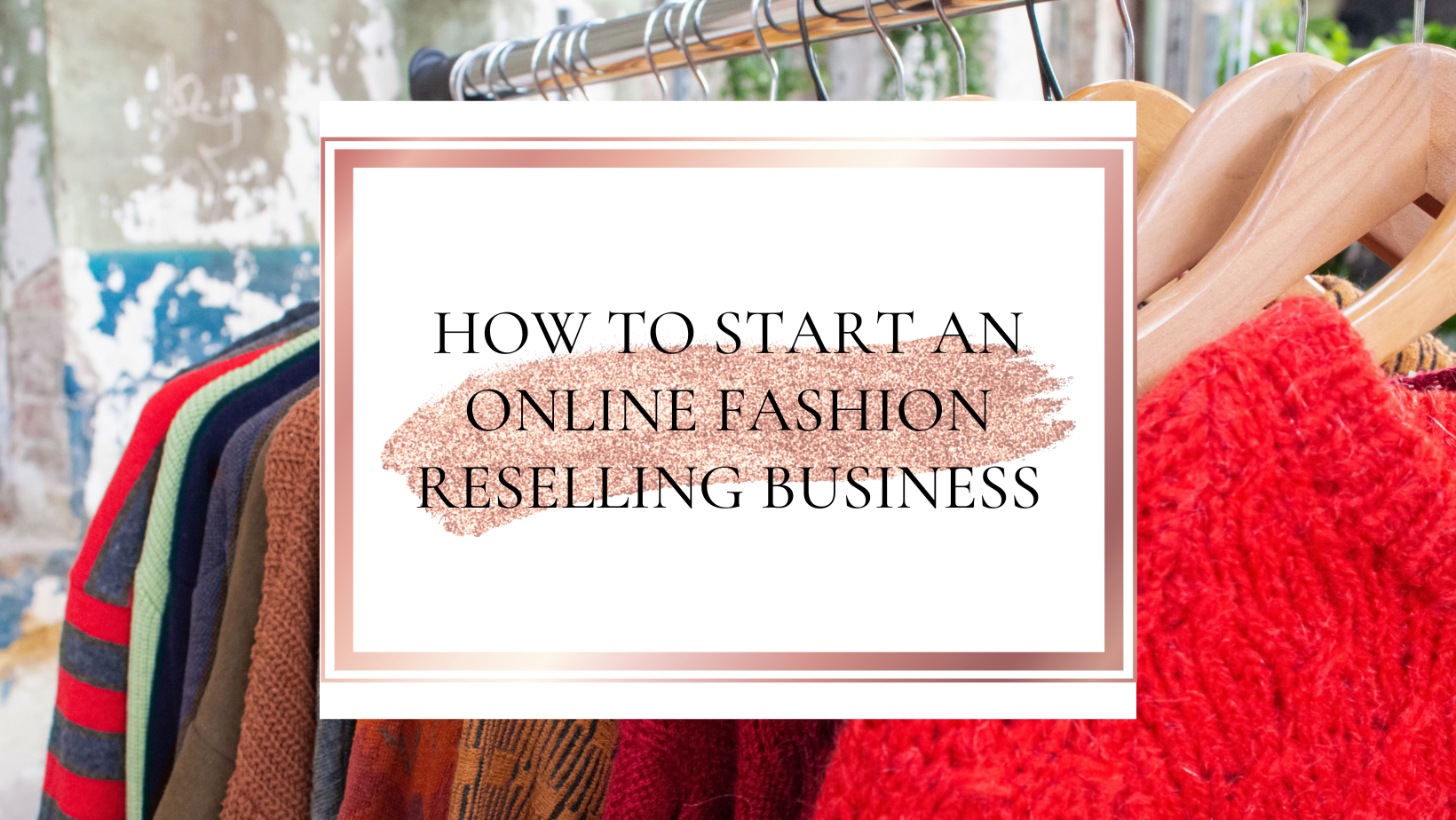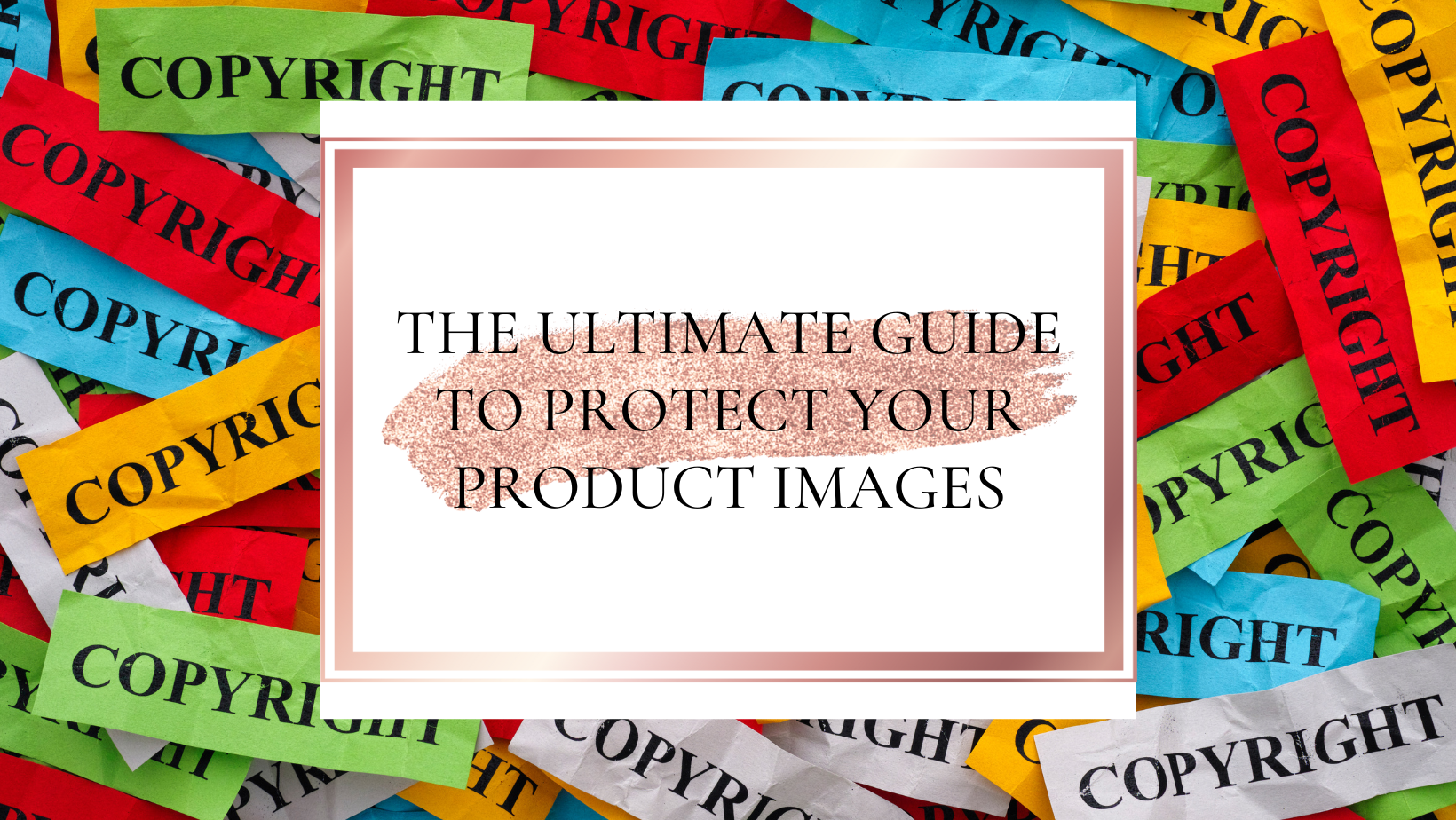Article: How to Start an Online Fashion Reselling Business

How to Start an Online Fashion Reselling Business
The fashion industry is a dynamic and lucrative market that continues to grow exponentially with the rise of e-commerce and sustainable shopping practices. Starting an online fashion reselling business can be an attractive venture for aspiring entrepreneurs. This guide will walk you through the essential steps to launch your online fashion reselling business successfully.
Understanding the Resale Market
Before diving into the fashion reselling business, it's important to understand the market and its current trends. The resale market has become popular due to the growing awareness of sustainable fashion and the desire for unique, vintage, and affordable clothing options.
The appeal of sustainable fashion is gaining momentum as consumers become more conscious of the environmental impact of fast fashion. This awareness is driving a shift towards clothing that is not only unique and not mass-produced but also kinder to the planet. Shoppers are increasingly seeking out one-of-a-kind items that reflect their individual style while promoting sustainability, thus fueling the growth of the eco-friendly fashion movement.
Market Trends
The fashion landscape is undergoing a significant transformation, influenced by the burgeoning thrift culture among millennials and Generation Z. These environmentally and budget-conscious consumers are turning away from fast fashion and embracing the practice of thrifting to express their unique sense of style without environmental guilt. This shift has given rise to online platforms dedicated to pre-owned fashion, where the ease of access and the endless variety of vintage and second-hand items are attracting a growing number of eco-savvy shoppers. The popularity of these digital thrift stores is a testament to the changing tides in consumer behavior, engaging the desire for sustainability with the convenience of online shopping.
Planning Your Business
Identifying Your Niche
Identifying your niche is a critical step in the reselling business, especially within the fashion industry. Start by deciding the type of fashion items you want to focus on. This could range from vintage pieces that echo timeless elegance, to high-end designer wear, or even everyday apparel that caters to the practical wardrobe needs of the average consumer. Furthermore, consider carving out a specialty within certain styles, sizes, or specific fashion eras. By doing so, you create a distinct identity for your store and provide a curated experience that can attract a dedicated customer base. Defining your niche will not only differentiate your brand in a crowded market but also enable you to target your marketing efforts and inventory selection more effectively.
Creating a Business Plan
In writing and creating your business plan, it's essential to start with a clear outline of your business objectives, pinpoint your target market, and construct realistic financial projections. This strategic blueprint will serve as your roadmap, guiding you from the initial stages of your venture through to its growth and success. Dive deeper by detailing your sourcing methods, inventory management systems, and sales strategies. These components are the gears that keep the operations running smoothly, ensuring that you can meet the demands of your market while staying financially solvent. By meticulously planning these elements, you set a strong foundation for your business to thrive.
Legal Considerations
When establishing your business, it’s crucial to navigate the legal landscape with precision and foresight. Begin by formally registering your business entity to ensure legal recognition and protection. This step is foundational for legitimacy and trust. Concurrently, acquire all necessary licenses pertinent to your industry to comply with local, state, and federal regulations. Additionally, if your business involves reselling branded items, it is imperative to thoroughly understand the legal implications. Intellectual property laws can be complex, and adherence to them is non-negotiable. Ensure that you have the appropriate permissions and are aware of any restrictions to avoid costly legal entanglements. Taking these legal steps not only fortifies your business against potential liabilities but also solidifies your standing as a reputable entrepreneur.
Setting Up Your Online Presence
Choosing the Right Platform
When choosing the right platform for your e-commerce business, it's essential to carefully evaluate the pros and cons of different options available. Established marketplaces offer the advantage of a built-in customer base, ease of use, and quick setup, but they often come with higher fees and less control over your brand's presentation. On the other hand, creating your own website allows for complete customization and brand control, though it requires more effort in marketing and can have higher upfront costs. Your decision should align with your business goals, resources, and the level of control you desire over your online presence.
Crafting Your Brand Identity
In the journey to establish a strong online presence, the creation of a memorable brand name and logo takes center stage. These elements are not just symbols; they are the cornerstones of your brand identity that resonate with your audience and differentiate you from competitors. Equally important is the establishment of a consistent aesthetic and voice across all online channels. This uniformity ensures that your brand is instantly recognizable and trustworthy, whether a customer interacts with you through social media, your website, or advertisements. By aligning your visuals and messaging, you craft an identity that speaks volumes about who you are and what you stand for.
Sourcing Inventory
In the reselling business, building strong relationships with suppliers is essential for ensuring a consistent flow of products. This involves actively engaging with thrift stores, estate sales, wholesalers, liquidators, individual retailers, and brand sellers, all of whom can serve as valuable resources in your supply chain. To guarantee the trust and satisfaction of your customers, it's imperative to implement a rigorous quality control process. This process should consist of thorough inspections and the verification of each product, along with a well-defined set of criteria that specifies the acceptable conditions of items you are prepared to sell. Adhering to these quality guidelines is key to maintaining a dependable source of inventory and establishing a trusted reputation for quality within the market.
Marketing Your Business
In today's digital age, creating an effective marketing strategy is pivotal for businesses looking to thrive. Here's how you can reach out to your audience and build lasting relationships.
Social media platforms are powerful tools to generate excitement about your products or services. By crafting engaging content and interacting with your audience, you can create a dynamic presence that attracts potential customers. This direct line of communication not only increases your brand's visibility but also allows for real-time engagement, making your customers feel heard and valued.
A robust online presence begins with strong search engine optimization. Investing in SEO ensures that when potential customers are searching for products or services you offer, your business ranks high in search results. This visibility is crucial for driving organic traffic to your website and converting clicks into customers.
Building a community around your brand can significantly enhance customer loyalty. By fostering engagement through social media and delivering exceptional customer service, you create an environment where customers feel part of your brand's journey. Moreover, actively seeking and responding to customer feedback demonstrates your commitment to improvement, which can lead to enhanced offerings and service, ultimately setting your business apart in a competitive market.
By blending these strategies, you can create a comprehensive marketing plan that not only attracts customers but also turns them into passionate advocates for your brand.
Remember, a successful marketing strategy is an ongoing process that evolves with your business and the market. Stay adaptive and keep your customers at the heart of your efforts.
Operational Management
Managing your business's inventory effectively is crucial for operational efficiency and customer satisfaction. A well-organized system for tracking and storing items helps prevent stockouts and excess inventory. Regularly reviewing your stock is also important, as it allows you to adjust for market trends and seasonal shifts, keeping your offerings fresh and relevant.
When it comes to shipping and handling, clarity is key. Establishing straightforward policies for shipping, returns, and exchanges can significantly enhance customer trust and retention. Moreover, partnering with reliable shipping services ensures that your products reach customers promptly and in excellent condition, which is essential for maintaining a positive reputation.
As your business grows, it's vital to keep a close eye on performance metrics. Monitoring sales, website traffic, and customer engagement provides insights into what's working and what isn't. This data is invaluable for making informed decisions about inventory management, marketing strategies, and other key aspects of your business.
Lastly, expansion should always be on the horizon. Seek out opportunities to diversify your inventory or introduce complementary services. Scaling your business could also mean forging partnerships or exploring new sales channels, positioning you to capture a larger market share and propel your business to new heights.
Embracing these strategies can set the foundation for a thriving, scalable business. Remember, in the world of entrepreneurship, it's not just about the products you sell; it's about how you manage and grow your operations.
Starting an online fashion reselling business requires dedication, strategic planning, and a keen understanding of the market. By following these steps and staying adaptable to industry trends, you can build a successful and sustainable business in the vibrant world of fashion resale.
#Entrepreneurship #OnlineBusiness #FashionReselling #SustainableFashion #EcommerceSuccess







